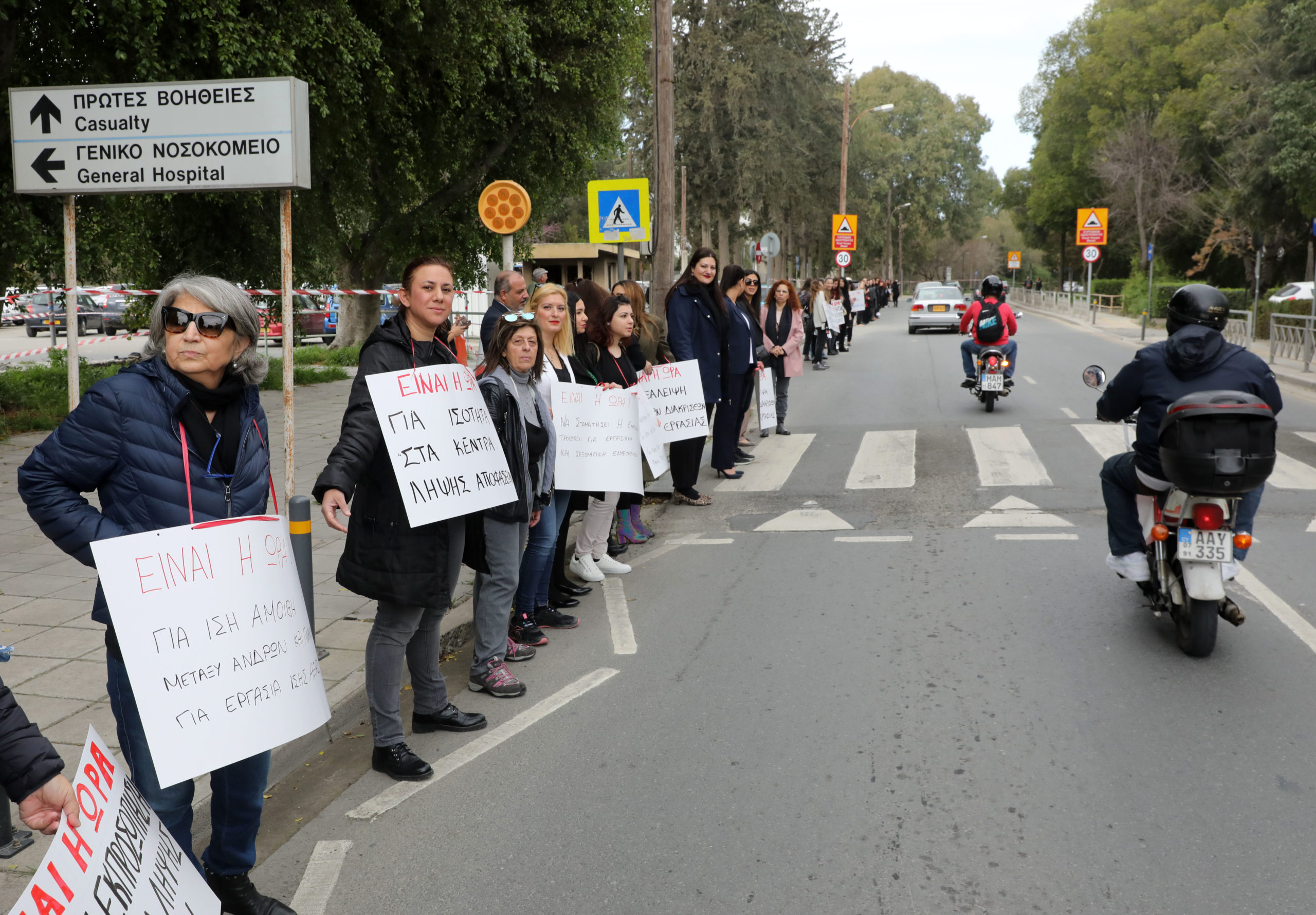Cyprus is among those countries in the EU where the gender gap has narrowed the most, according to the Gender Equality Index 2021.
“Europe has made fragile gains in gender equality. But big losses are emerging as a result of the COVID-19 pandemic.
“The economic fallout is lasting longer for women, while life expectancy for men has dropped,” said European Institute for Gender Equality Director Carlien Scheele.
She added: “Index findings can help Europe’s leaders tackle the different effects of the pandemic on women and men and alleviate the unequal short and long-term impacts.”
According to the Index published this week, since 2010, most progress on gender equality has been achieved in Luxembourg (+ 11.2 points), Malta (+ 10.6), Italy (+ 10.5), Austria (+ 9.3) and Portugal (+ 8.5).
In Croatia, Cyprus, Estonia, France, Germany, Ireland, Latvia and Spain, Index score increases ranged between 6.0 and 8.2 points.
The least progress on gender equality since 2010 has been in Czechia, Hungary, and Poland, where the increase has been around 1 point.
The pace of change in the remaining 11 countries has been slow, with scores improving between 1.9 and 5 points since 2010.
Progress trends between 2010 and 2019 show that the greatest strides in gender equality have been mainly in southern EU countries.
In France, Italy, Cyprus, Luxembourg, Malta, Austria and Portugal, the Index score increased by more than 7.5 points.
With tentative overall progress in the work domain, country-level developments are especially important, indicating sustained challenges and signs of progress.
In 2019, negative score changes in this domain were recorded in five countries: Poland, Romania, and Slovenia saw a decrease of – 0.1 points, with greater declines in Cyprus (– 0.2 points) and Denmark (– 0.3 points).
Harassment is the most widespread form of violence against lesbians, with 56 % experiencing in-person harassment for any reason in the previous five years and 11 % suffering cyber harassment over the same time frame.
In the 12 months before the survey, 48% of lesbians were harassed for any reason, and 40 % were harassed because of their sexual orientation.
Prevalence rates vary from 52% in Latvia, 50% in Lithuania and 48% in Belgium to 22% in Cyprus and 28% in Malta and Portugal.
Of the most recent incidents of hate-motivated harassment against this group, 71% were perpetrated by men.
In 62% of cases, the perpetrator was unknown to the woman.
The Index also showed that lack of paid work is likely to affect women’s health disproportionately.
This is the case in Greece, Spain, Cyprus, and Portugal, where women’s labour market participation is low.
Therefore, employment may result in lower health gains for women than for men but being employed still leads to better health outcomes than being unemployed.
Eurostat’s mortality data on suicide and mental and behavioural disorders, including deaths from alcohol and drug abuse, also reveals that more men than women die from these causes.
The Index showed that only in eight countries – Cyprus, Greece, Ireland, Italy, Malta, Netherlands, Spain and Sweden – do more women than men die of mental and behavioural disorders.
It also said that sexuality education is mandatory in most Member States except Bulgaria, Italy, Cyprus, Lithuania, Poland and Romania.










